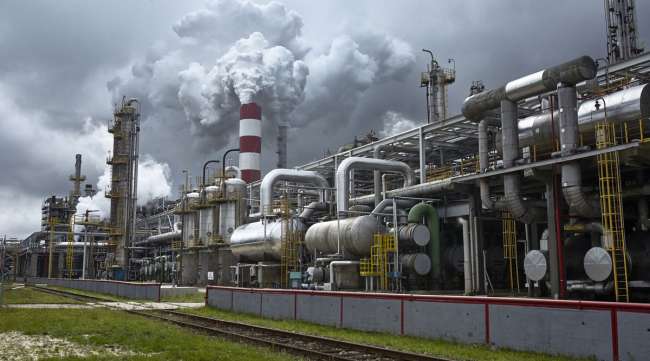Bloomberg News
Oil Prices Tumble on Economic News, Cloudy Recovery

[Ensure you have all the info you need in these unprecedented times. Subscribe now.]
Oil prices recently tumbled as a resurgence in coronavirus cases and impending U.S. layoffs darken the economic outlook.
Futures in New York slid 3.1% on July 16, moving in sympathy with equities, after trading in a tight range during the week. Wells Fargo & Co., the largest employer among U.S. banks, was among several corporations to announce massive layoffs after a gloomy jobs report. At the same time, the Messla oil field and Sarir refinery in eastern Libya resumed production, threatening to boost global supplies when demand remains weakened.
“There’s an overall malaise in the market right now, which has come with the realization that we might be stuck in this for a lot longer than we anticipated,” said Tariq Zahir, managing member of the global macro program at the New York-based Tyche Capital Advisors. “When you have negative economic news, along with more negative coronavirus news, everything will be down and you’ll see sell-offs like we saw today.”
WTI, Brent prices have been unable to rally past the mid-$40s The U.S. benchmark crude’s rebound from negative territory in April has been capped by a persistent U.S. supply glut and rising virus cases across America. California and Texas recorded some of their biggest daily increases in cases and deaths this week, while crude inventories sit at near record-high levels.
American fuel demand is also lagging other parts of the world, with seasonal gasoline consumption still at the lowest level in decades and diesel stockpiles at the highest level since 1983. Goldman Sachs Group Inc. recommended buying Brent futures over West Texas Intermediate as American inventories grow.
The job cuts by Wells Fargo and others, as well as warnings of downsizing by United Airlines Holdings Inc., aren’t just threatening the economy’s recovery. They could also further dampen fuel demand.
There’s “tens of thousands of layoffs of folks who are going to be out of work and not driving,” said John Kilduff, a partner at Again Capital, a New York hedge fund focused on energy. “All of a sudden there’s a real focus on the potential for the bottom to drop out for oil demand here.”
RELATED: Oil Slips as Looming OPEC Supply Surge Adds to Demand Woes
Further complicating market dynamics, tankers that had been storing much of the world’s oil as demand cratered due to the pandemic are beginning to offload cargoes. In key locations outside Asia, floating inventories have halved to about 35 million barrels since peaking in May, according to Vortexa Ltd., an analytics firm.
For Latin American producers who supply China with oil, the tightening market for sour crude is creating a new cast of winners and losers.
While Colombia sold out of heavy-sour Castilla crude thanks to higher Chinese demand, sales of Brazil’s medium-sweet Lula oil are slowing down, according to people with knowledge of the situation.
OPEC+ is another step closer to addressing the cheating that has dogged the cartel since its inception. Angola sent a new letter to OPEC’s president committing to full compliance with its output target, as well as additional cutbacks in compensation for earlier cheating, according to a delegate who asked not to be identified.
Want more news? Listen to today's daily briefing:
Subscribe: Apple Podcasts | Spotify | Amazon Alexa | Google Assistant | More




